
In a video released on Monday night on Weibo, Lionel Messi, the soccer star and striker for Inter Miami, explains his no-show at a recent exhibition game in Hong Kong. (Photo provided to China Daily)
Soccer star Lionel Messi's belated explanation for his no-show at a recent exhibition game in Hong Kong seems to not be enough to redeem his broken image in China, as experts call for more transparent communication regarding such incidents.
In a two-minute video posted on Messi's personal account on Chinese social media platform Weibo on Monday, the eight-time Ballon d'Or winner says the reason he did not play was due to injury instead of politics. And Messi pointed out that he had a "very close and special" relationship with China.
"I've heard people say that I didn't want to play for political reasons and many other reasons that are totally untrue. Had that been the case, I wouldn't have even traveled to Japan or visited China as many times as I have," said Messi, who now plays as a striker for Inter Miami, in Spanish.
"As I said at the press conference, I had an inflamed adductor. … Then on the day before the match in Hong Kong, I tried to train and made an effort for all those who'd come to watch the training. I did all I could."
The statement instantly generated a number of trending topics on Chinese social media platforms. For example, the hashtag "Messi's response", which topped the trending news table of Weibo, had been viewed over 710 million times by Tuesday morning. While many expressed their frustration and even anger online, some have accepted the explanation.
"Messi did not apologize, but he has clearly explained what happened and ruled out political reasons. I just represent myself and I accept his explanation. … Of course, after the controversy, Messi's public image in China has been damaged and it won't easily be fixed. That's the cost," Hu Xijin, former editor-in-chief of Global Times, commented on Weibo.
It was not the first time that fans have had unpleasant experiences after stars failed to show up at commercial matches or on tours.
In 2019, Cristiano Ronaldo's nonappearance at a friendly match between Juventus and a K-League All-Stars even triggered an investigation by South Korean police. And in January, two friendly matches between Ronaldo's current club — Al-Nassr of the Saudi Pro League — and Chinese Super League clubs in Shenzhen, Guangdong province, were indefinitely postponed due to Ronaldo being injured, which also triggered controversy.
However, the public's disappointment was eased by Ronaldo's instant apology at a media conference and the organizers' promises that all sold tickets could be refunded and the expenses incurred by fans on travel and hotels would also be covered.
Messi's controversy started on Feb 4 when he stayed on the bench throughout Inter Miami's 4-1 win against a local team in Hong Kong. His no-show drew boos and calls for refunds from thousands of fans who had shelled out large sums to see the World Cup-winning captain play in Hong Kong.
Messi's controversy also gives a lesson to organizers who plan to stage superstar-related activities or matches in the future.
Adam Zhang Qing, founder of Beijing-based sports marketing consultancy Key-Solution, told China Daily: "There are three principles for handling this kind of situation, which are 'face', 'fact' and 'fast'. There were much better options to avoid such a crisis. First, he needed to have made a faster response instead of posting the video two weeks later."
"All such controversies need to be faced directly and all responses need to be based on facts. And another key is to avoid being emotional," he said. "Moreover, in the future, for commercial friendly matches, such as the Hong Kong event, the contracts should be as detailed and comprehensive as possible. All these kind of situations should be listed in the contracts and have corresponding solutions."








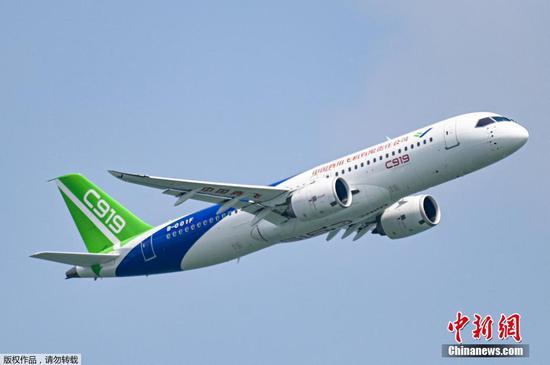
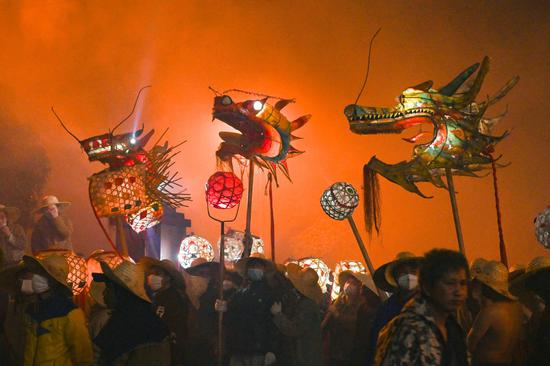
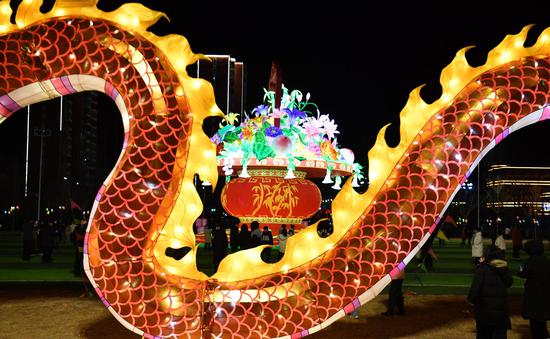
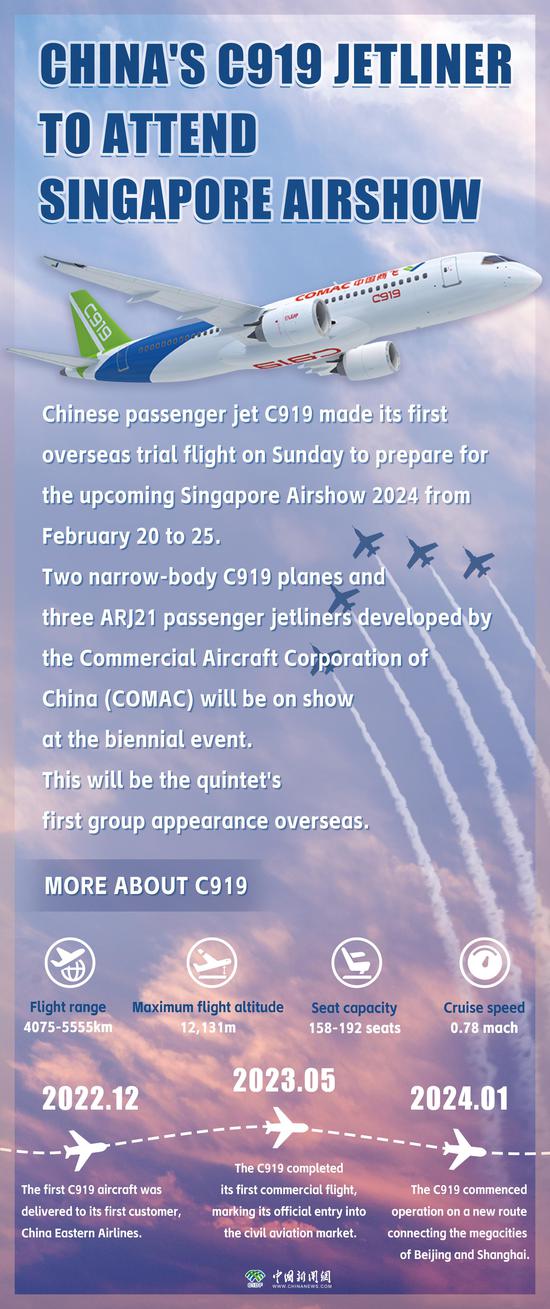
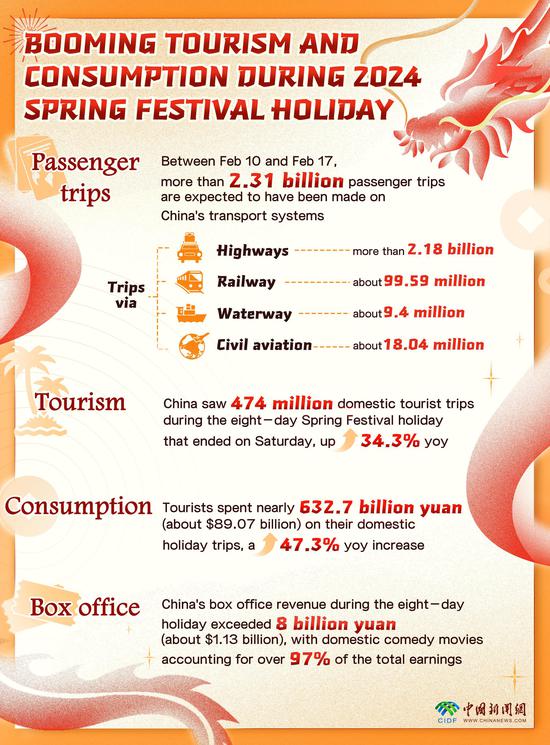


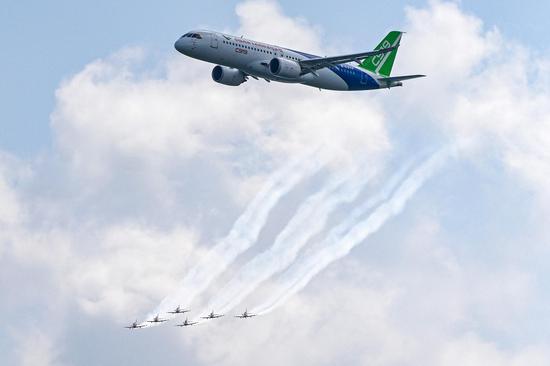
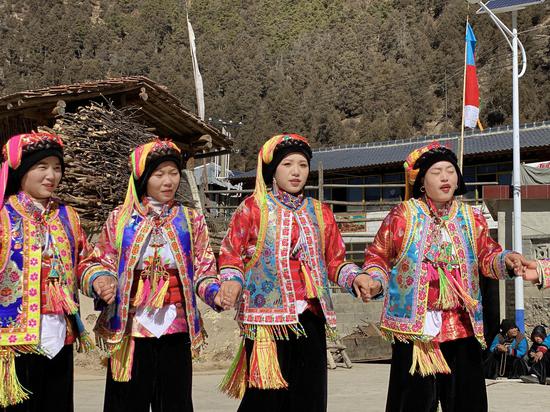
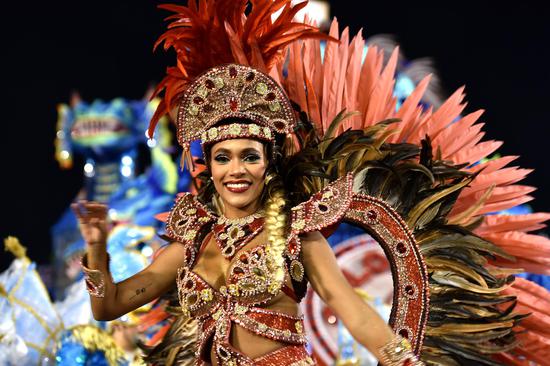
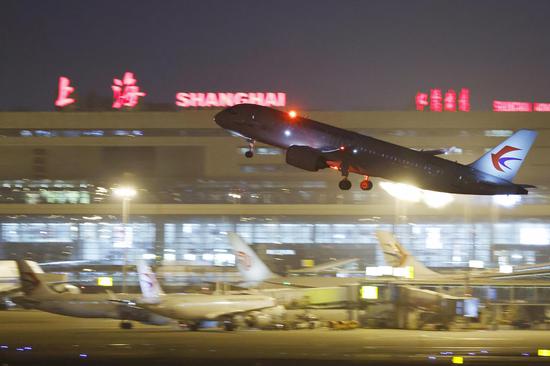
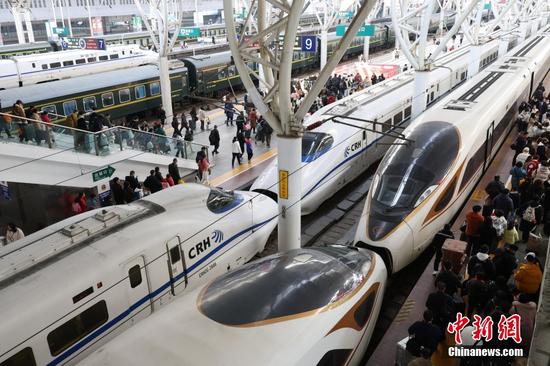

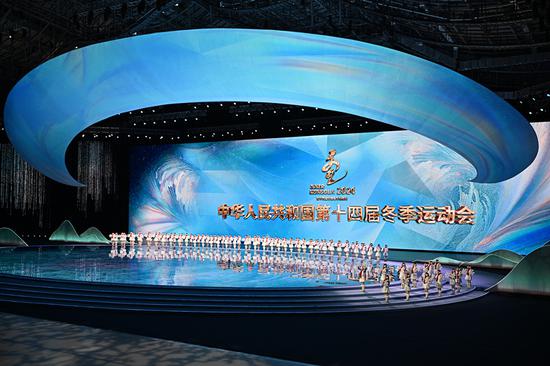
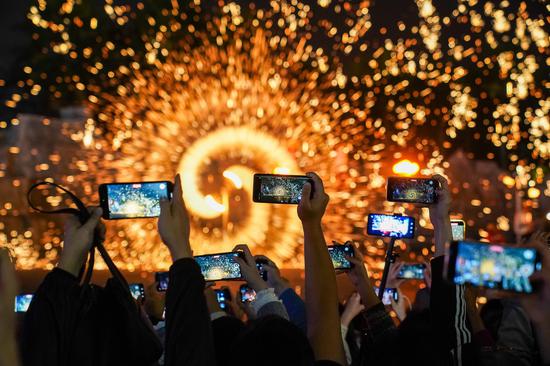
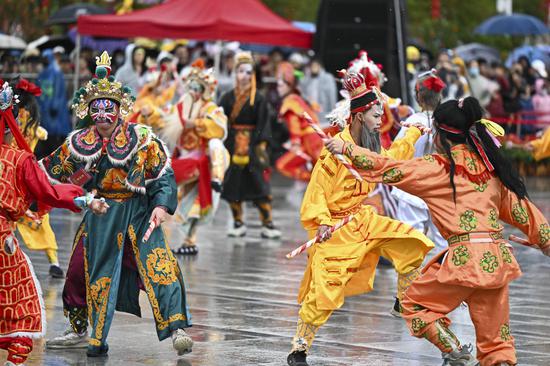
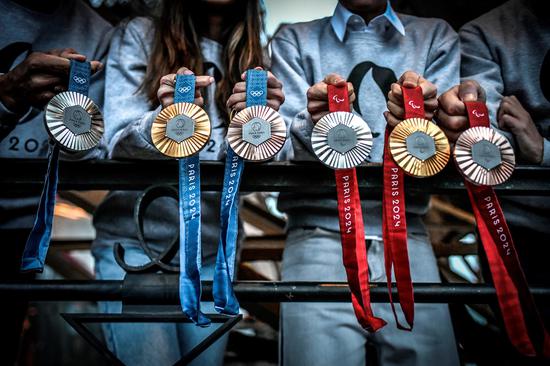
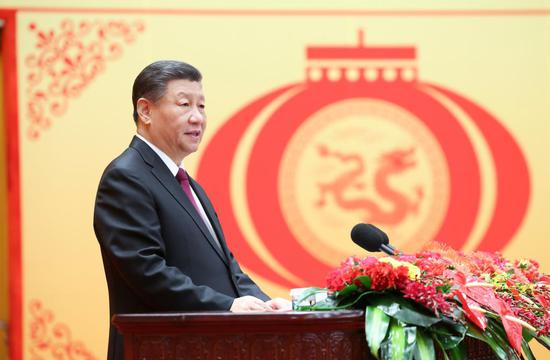
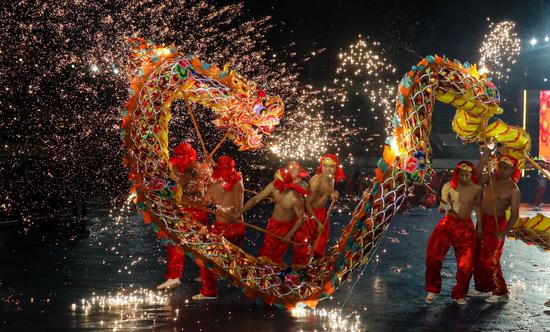

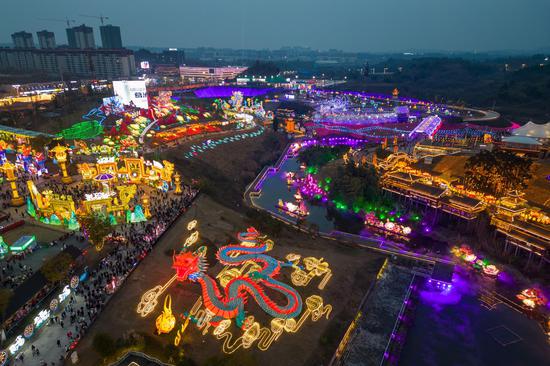
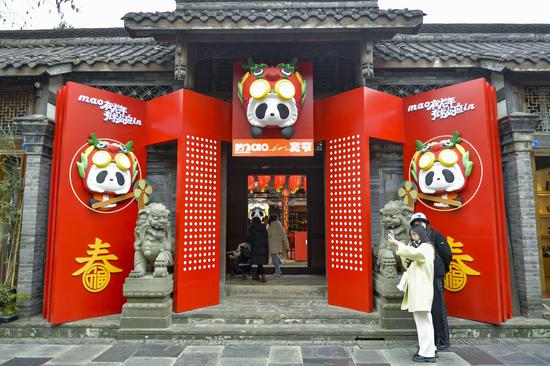
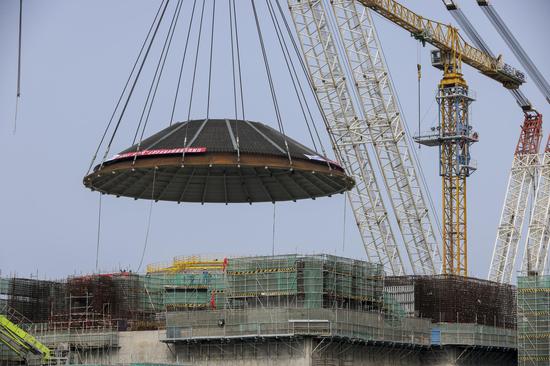
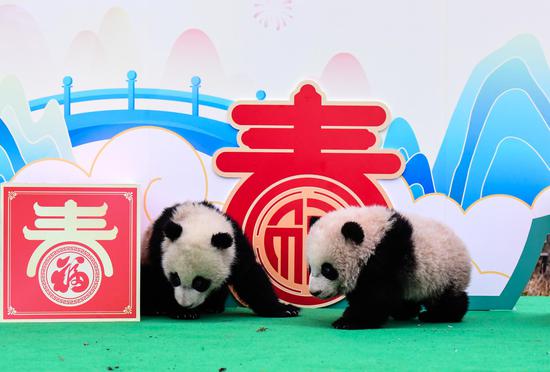
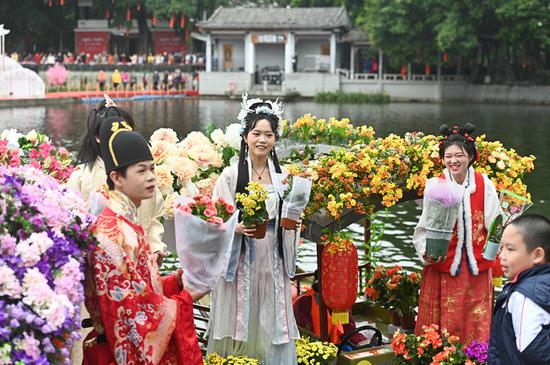
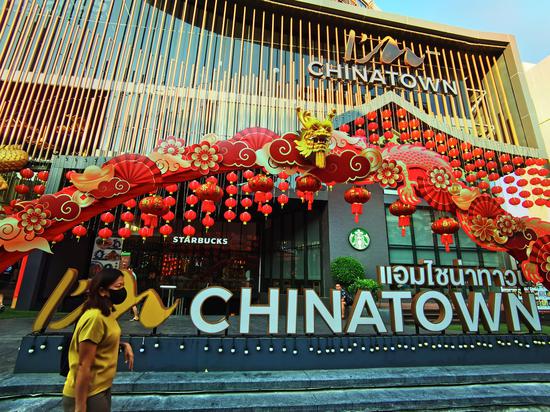
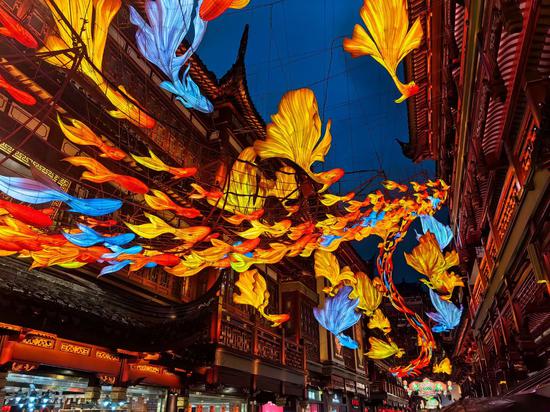
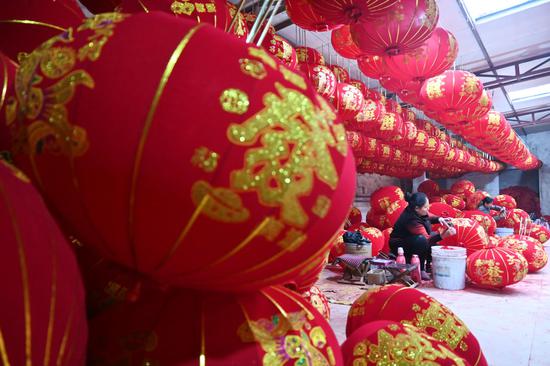
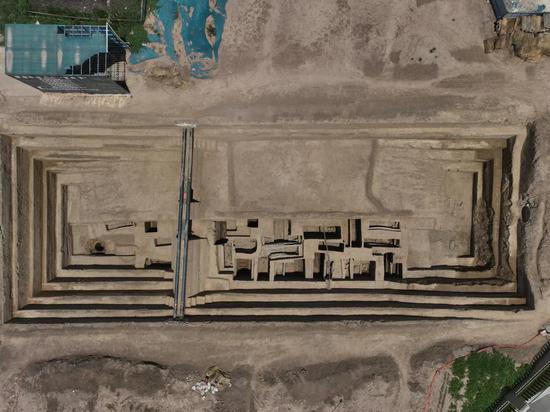
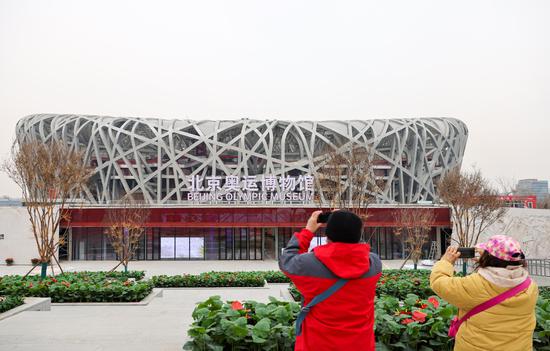
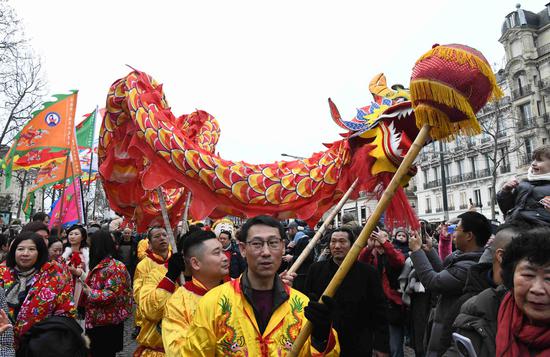
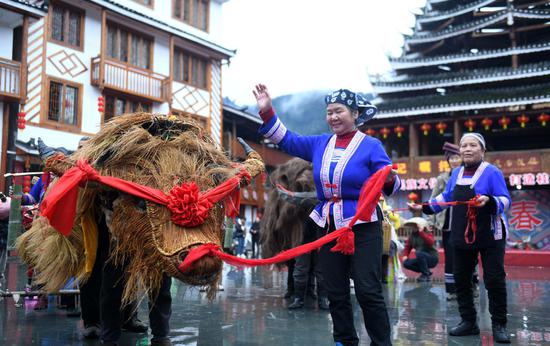
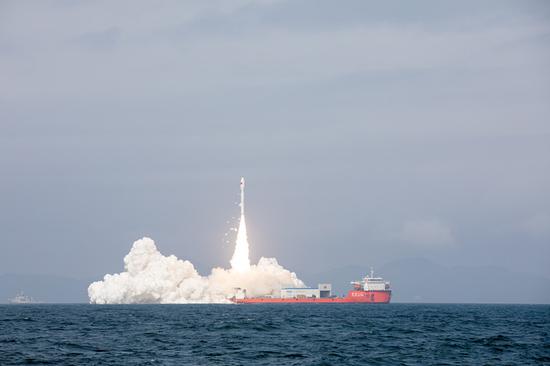
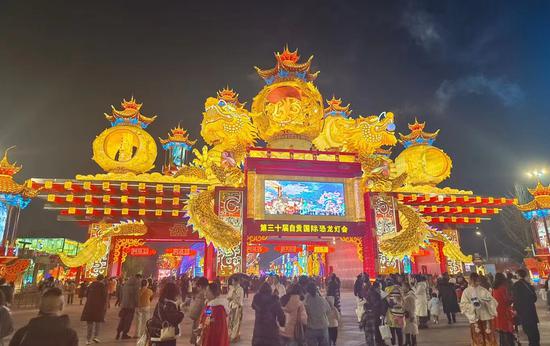

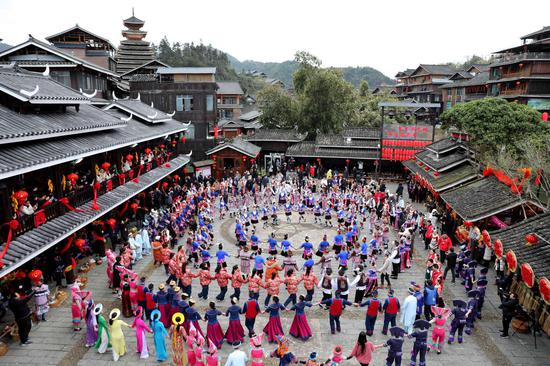
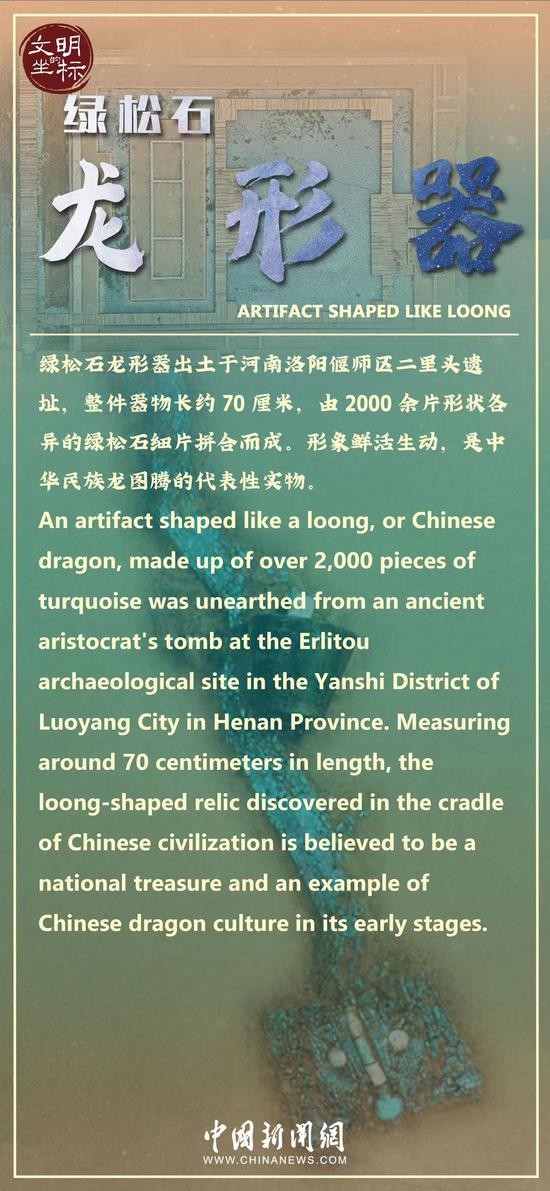





 京公网安备 11010202009201号
京公网安备 11010202009201号